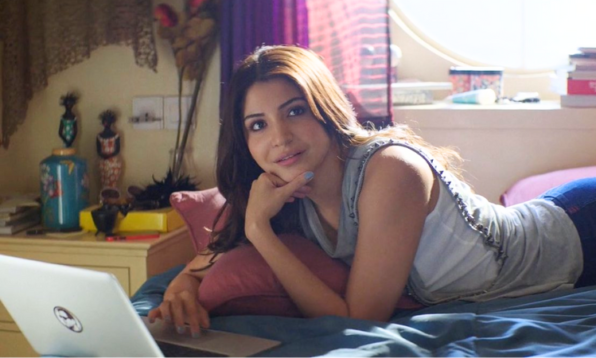Every woman knows the drill. You grip your keys between your knuckles on the walk to your car and keep your phone in your hand, just in case. You scan the street, pick your outfit with care, and plot the safest route home. You let family or friends know when you’re leaving a place and when you reach home. It’s not paranoia; it’s just what you do to get by. But this way of living comes with a price. What happens to your body and mind when fear becomes as normal as breathing? We talked to Dr Era Dutta, a consultant psychiatrist and the founder of Mind Wellness, about the effects of harassment on the mental health of women.
When your brain can’t hit pause

When you’re always on edge, your brain’s alarm system never shuts off. Cortisol and adrenaline pump through your system, day after day. You start losing sleep, headaches creep in, your stomach acts up, you catch every cold going around, and even your periods go haywire. “Over time, the body forgets what ‘relaxed’ feels like and it starts running on stress fuel,” explains Dr Era.
Mentally, things don’t get easier. You become hyperalert, anxious, haunted by worst-case scenarios. The world starts to look dangerous everywhere you go—on the metro, in a cab, even in your own neighbourhood.
The soldier who never gets leave
To understand what this does to the nervous system, Dr Era offers a powerful analogy: “Imagine a soldier who is posted at the line of control to protect a country and never relieved of his duty. He is made to believe there is a constant, active war ongoing, even when it isn’t. He is not allowed to rest it out, nor recuperate and relax.”
What happens to this soldier after some time? “The body can’t stay in survival mode forever. Eventually, the soldier and his nervous system fatigues, overreacts, or shut down. Inadvertently, the soldier either makes mistakes or has physical and psychological issues.”
Eventually, your brain rewires itself to expect danger everywhere, a state called traumatic stress conditioning. Harassment deeply affects the mental health of women. Fear carves deep pathways in your mind, and feeling safe starts to feel impossible.
The trauma you don’t have to experience yourself
People like to say the wise learn from others’ mistakes. Similarly, women pick up trauma from other women’s stories. Even if you’ve never faced violence yourself, you can still feel unsafe just from what you hear. That’s collective trauma.
When you listen to a friend’s story or see something awful in the news, your brain files it away as a possible threat. “If it happened to her, it can happen to me.” That’s survival instinct, ancient and stubborn. Whole communities end up internalising this fear, carrying it around like baggage. In cities where violence against women makes headlines, it gets worse. People start to connect certain places with danger. You can feel your guard go up as soon as you set foot there.
The price of constant vigilance

When fear feels normal, it sneaks into everything. You cross your arms tighter, avoid certain streets, and rethink every little choice. Should I have worn this? Should I have gone home earlier? Trust gets harder. Even a friendly stranger can set off a mental checklist. Will he respect me? Is he safe? “That constant evaluation isn’t paranoia,” says Dr Era.
At home, fear leads to self-imposed rules. Maybe you say no to dating, travelling alone, or speaking up, not because you don’t want to, but because your whole body is screaming for safety. This eats away at your freedom, quietly.
Many women talk about being “tired,” not just physically, but also emotionally, worn out from always being on guard. This isn’t just in your head. It’s real, relentless mental and emotional burnout. It’s the invisible work of being a woman in public: running mental safety drills, always watching, acting normal while you’re bracing for the worst.
What actually helps?
Therapy isn’t about telling women to “just relax.” It’s about helping them take back control and trust their own instincts again. Grounding exercises, body-based relaxation like yoga or mindfulness, learning to reframe your thoughts help your nervous system remember what safety feels like. Group therapy helps fight the loneliness that comes with all this. But here’s an important point explained by Dr Era Dutta: “Safety must not remain an individual responsibility. The onus is on the government, society and each one of us in helping women feel truly free, not just safe.”
The solution isn’t helping women better manage their fear. It’s dismantling the systems that make fear necessary in the first place. Until then, millions of women will continue fighting that invisible war, their nervous systems exhausted, their freedom constrained by the weight of constant vigilance. The question isn’t whether women are overreacting. The question is: what kind of society asks half its population to live this way?
If you want to connect with consultant neuropsychiatrist Dr Era Dutta for more personalised mental health advice, you can find her here.
Featured Image Source
Related: Stalking Raises Women’s Heart Disease Risk By 41%, Harvard Study Finds

 Web Stories
Web Stories











